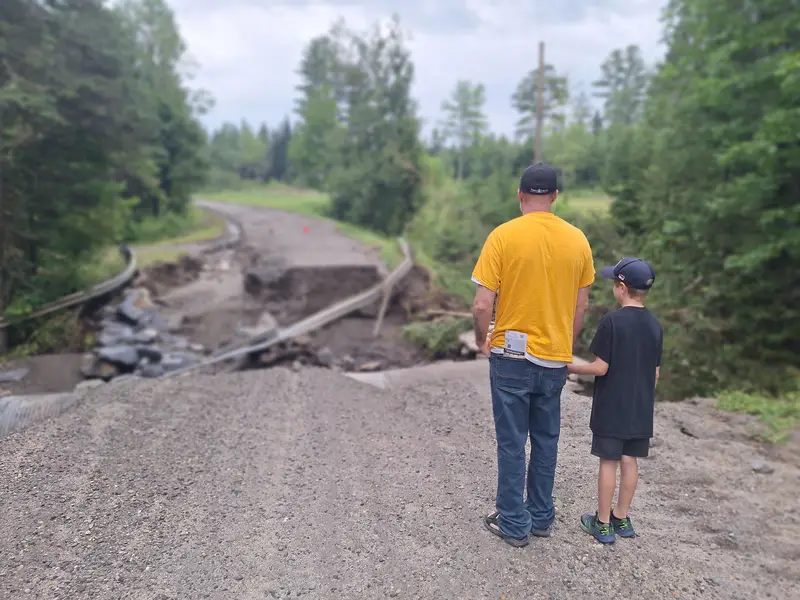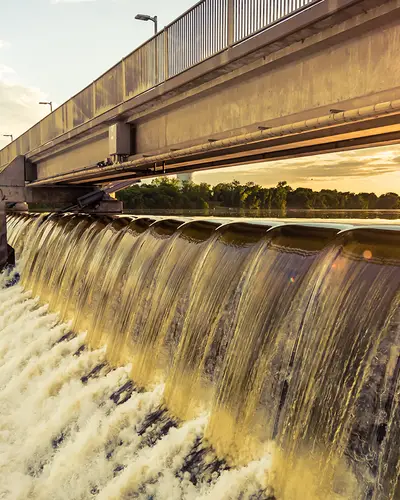North Carolina Center for Optimizing Military Performance
RTI is part of a network of organizations based in North Carolina that deliver world-class human performance solutions to the Department of Defense.
Learn more about how the consortium takes an interdisciplinary, holistic approach to optimizing Service member physical, cognitive and psychological health and performance.
Carbon Capture and Utilization
Conventional carbon capture technologies have been unable to economically address the CO2 emissions generated by large, stationary point sources. Our team is exploring CO2 capture and utilization technologies that could dramatically impact the fossil fuel–based power production and industrial sectors.
Our Experts
By The Numbers
0 B
metric tons of carbon dioxide emitted every year, accelerating global warming
0 %
of GHG emissions are from fossil fuel or industrial sources
Experts Available for Interview
RTI Press® Publications
RTI Press® is a global publisher of peer-reviewed, open-access books, reports, and briefs. We publish on a broad range of topics reflecting RTI’s multidisciplinary research, expertise in social and laboratory sciences, and extensive international activities.

















